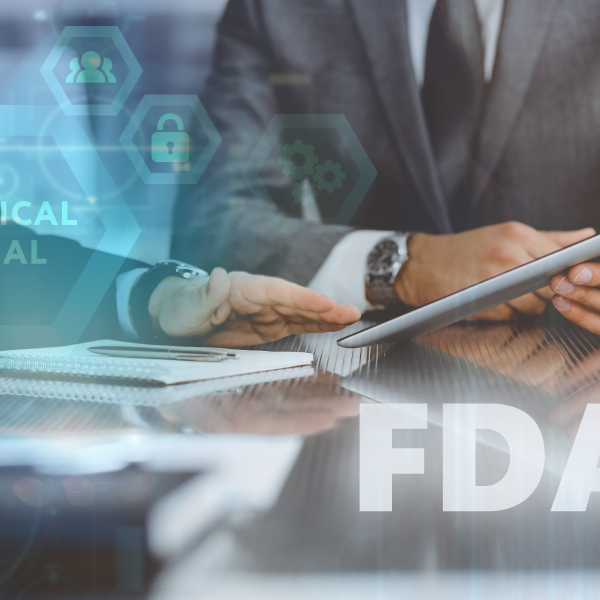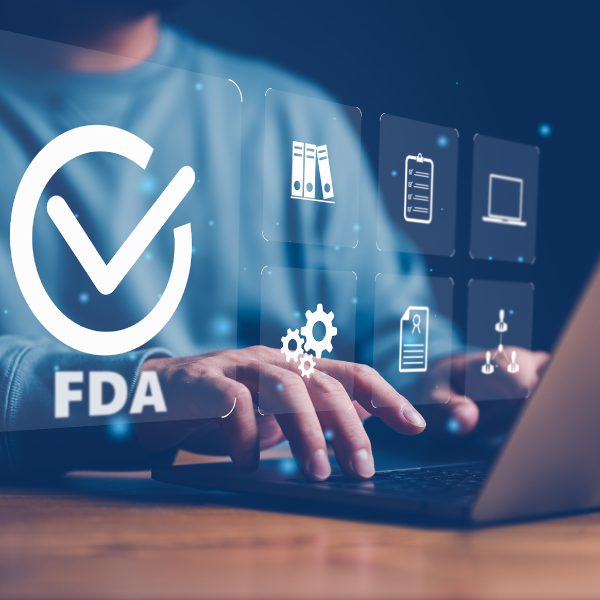Preparing for a GxP Audit Interview: Tips and Considerations for Auditors and Auditees

When it comes to undergoing a GxP audit interview within the regulated GxP industry, it’s important to be well-prepared by understanding the objectives and scope. This is particularly true for clinical research audits, which involve assessing compliance with both EU/US legislation requirements as well as Pharmaceutical and Medical Device Law requirements. A few examples of GxP audits include Good Clinical Practice (GCP, Good Manufacturing Practice (GMP), Good Laboratory Practice (GLP), Pharmacovigilance (PV), and Regulatory Authority Mock Inspections (i.e., FDA, MHRA, EMA, etc.).
Having a full understanding of the auditor’s objectives and the scope of the audit is essential for successfully demonstrating your organization’s compliance and providing personnel who know how the work is done.
In this blog, we will discuss tips and considerations for auditors and auditees to help ensure that the audit interview runs smoothly.
Maximizing Efficiency in GxP Audits: Choosing the Right Personnel
Choosing the appropriate personnel to include in the audit sessions is an integral part of preparations. Those selected for attendance should be personnel who are completing the tasks and oversight which were identified in the Audit Scope/Agenda.
Management should only be included if they have an immediate role in the activity being audited. Personnel who are more Senior Level but not involved in daily activities or oversight of those activities should be limited in attendance as well.
The auditor’s questions may focus on data-entry, case assessment, and QC for case-processing interviews.
Quality personnel should also be limited to only their relevant session, which will provide an overview of the Quality Management System (QMS).
The attendance list should be cordially requested from the company in advance, and those attending need to be prepared to speak about their roles.
If a manager is present to support a junior colleague, consider doing a mock interview to prepare. Ultimately, the individual should feel comfortable explaining the situation correctly and approach the auditor again to clarify the process or documentation if necessary.
The Importance of Interpreters in Auditing: Ensuring Effective Communication
When conducting an audit, it is important to consider the auditor’s knowledge of local languages.
In cases where the auditor is not fluent in the language of the auditee, an interpreter may be necessary to ensure effective communication during the audit. The choice of an interpreter should be agreed upon during the audit planning stage, and the interpreter should be available for the entire audit. It is also essential that the interpreter is familiar with technical terms used in the audit and has a good command of verbal English to avoid misinterpretation.
Failure to provide an interpreter can cause frustration to the auditor, leading to unsatisfactory results. Additionally, it is worth noting that the interpreter may also have to translate discussions between the audit team in the room if requested by the auditors, enabling effective communication and ensuring all information is fully understood.
Effective Communication during Audits: Ensuring Clarity and Avoiding Frustration
During an audit, the auditor’s primary objective is to ensure that the auditee’s processes are being followed correctly and those processes are within compliance of the relevant Regulatory Authority regulations. To achieve this, they may need to ask the same question again, but in a different way, to verify the responses.
It is critical that the auditee team provides open and honest answers to the auditor’s questions. In addition, it is crucial for the auditee team to understand the question being asked, and if they do not, they should ask the auditor to rephrase or clarify the question.
An auditor can easily become frustrated if they have to repeat themselves, so it is important to avoid guessing or making assumptions about what they are asking. Additionally, if the interview session has been going on for a while, it may be beneficial to suggest taking a break. Hungry or thirsty auditors may not be able to concentrate effectively and may become unhappy, potentially affecting the audit’s outcome. Similarly, if the auditor seems to be showing signs of frustration, it may be best to take a short break to allow everyone to regroup and refocus.
Documentation Expectations and Communication with Auditors
Providing documentation during an audit is an essential part of the process, and the auditor will expect that the auditees are able to provide evidence to back up their actions. This documentation may be requested at any time, before, during, or after the interview process, and the auditor will usually expect the documentation to be provided within 24 hours of the request being made.
If it is not possible to provide the documentation within this timeframe, the auditor should be informed and given a realistic timeframe for when the documentation will be available. The scope of the request may also be discussed if it is too large or difficult to provide. It is important to remember that if you do not have the documentation, it is better to inform the auditor rather than hoping they will forget about the request. The auditors are interested in performance indicators that describe daily practice, and so providing documentation is a key part of the audit process.
Communication is Key
In conclusion, auditors play a vital role in ensuring that processes and systems are being followed correctly in organizations.
When an audit is conducted, it is important to have an open and honest dialogue with the auditor to ensure that they fully understand the processes and procedures that are in place. It is also essential to provide any requested documentation promptly to avoid delays or frustration.
Communication is key during an audit, and if there are any issues or concerns, they should be addressed promptly. Audits may seem stressful, but they are an essential part of maintaining compliance and quality standards, and they help organizations to continually improve. By following these tips and best practices, auditees can make the audit process smoother and more successful.
If you need additional support for your organization to adequately prepare for inspections, conduct Mock Inspections, Inspection Readiness Training, or general Compliance initiatives, contact MMS Quality & Compliance Team at info@mmsholdings.com for how we can partner together. Our experienced and knowledgeable team can help implement processes to ensure you are inspection ready. Learn more on our website.











